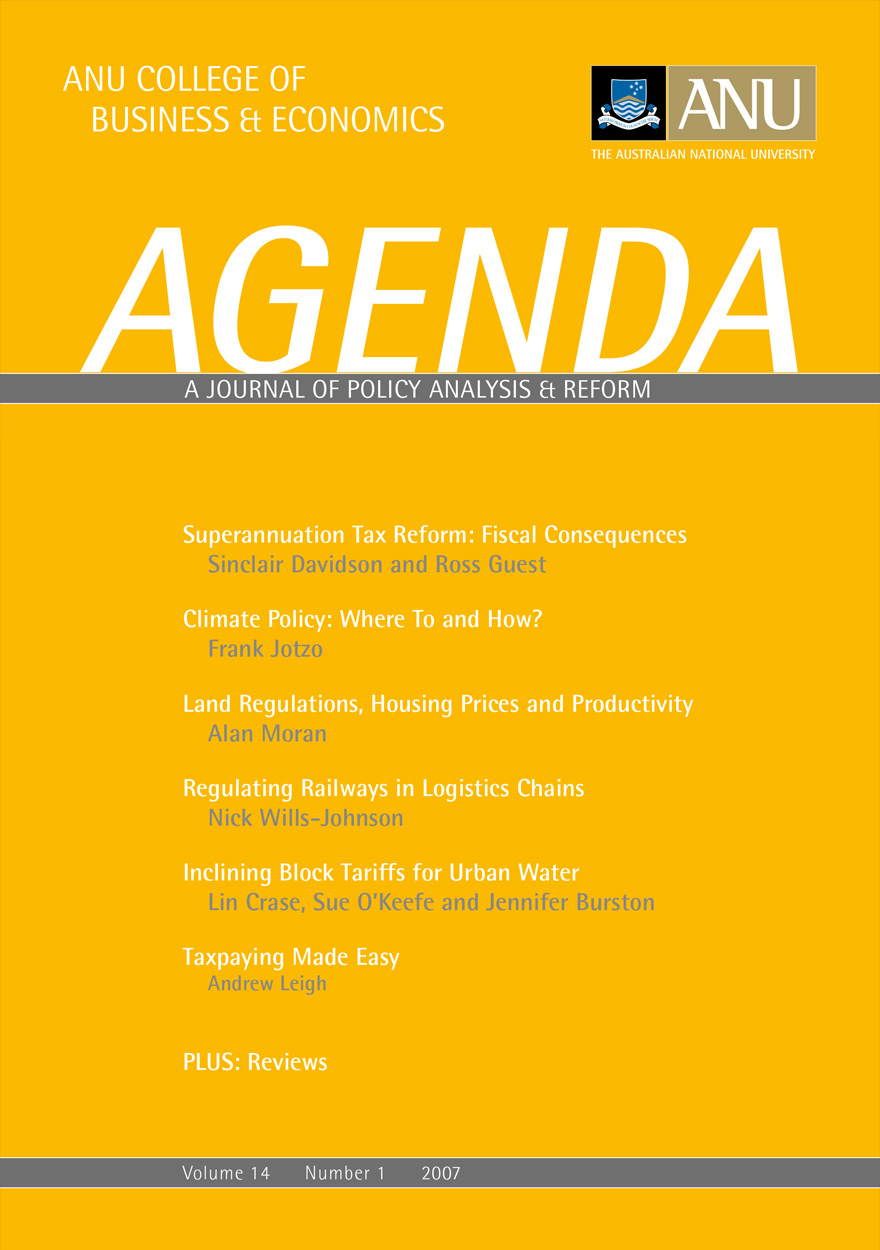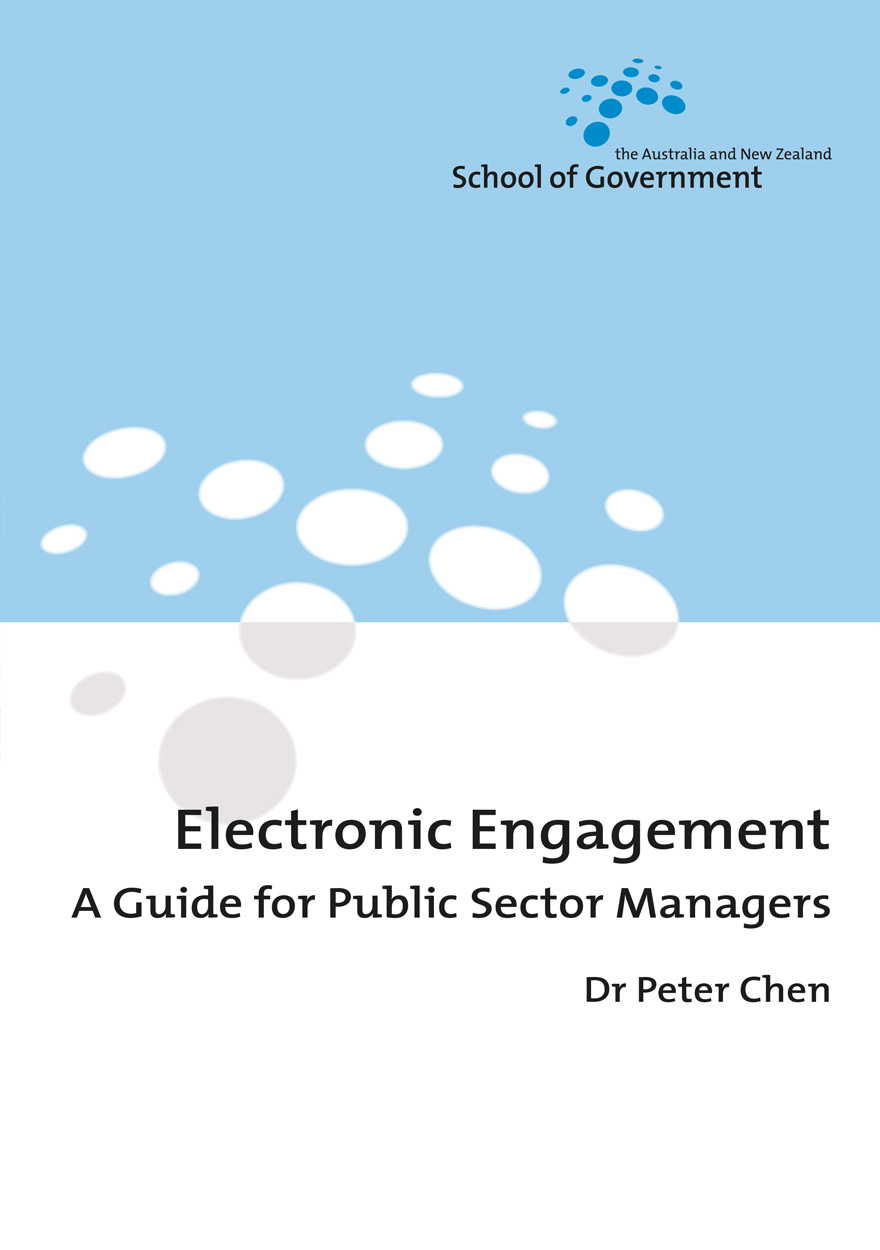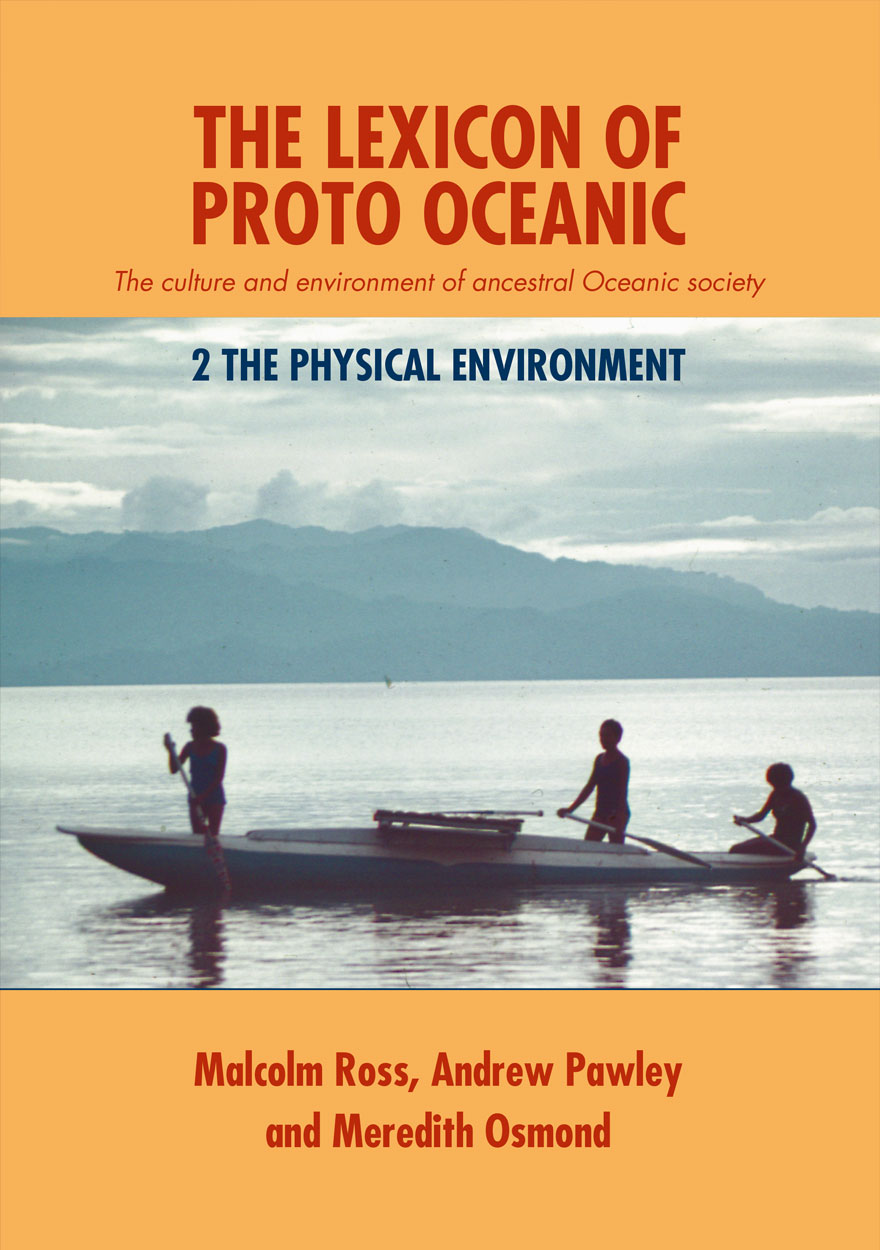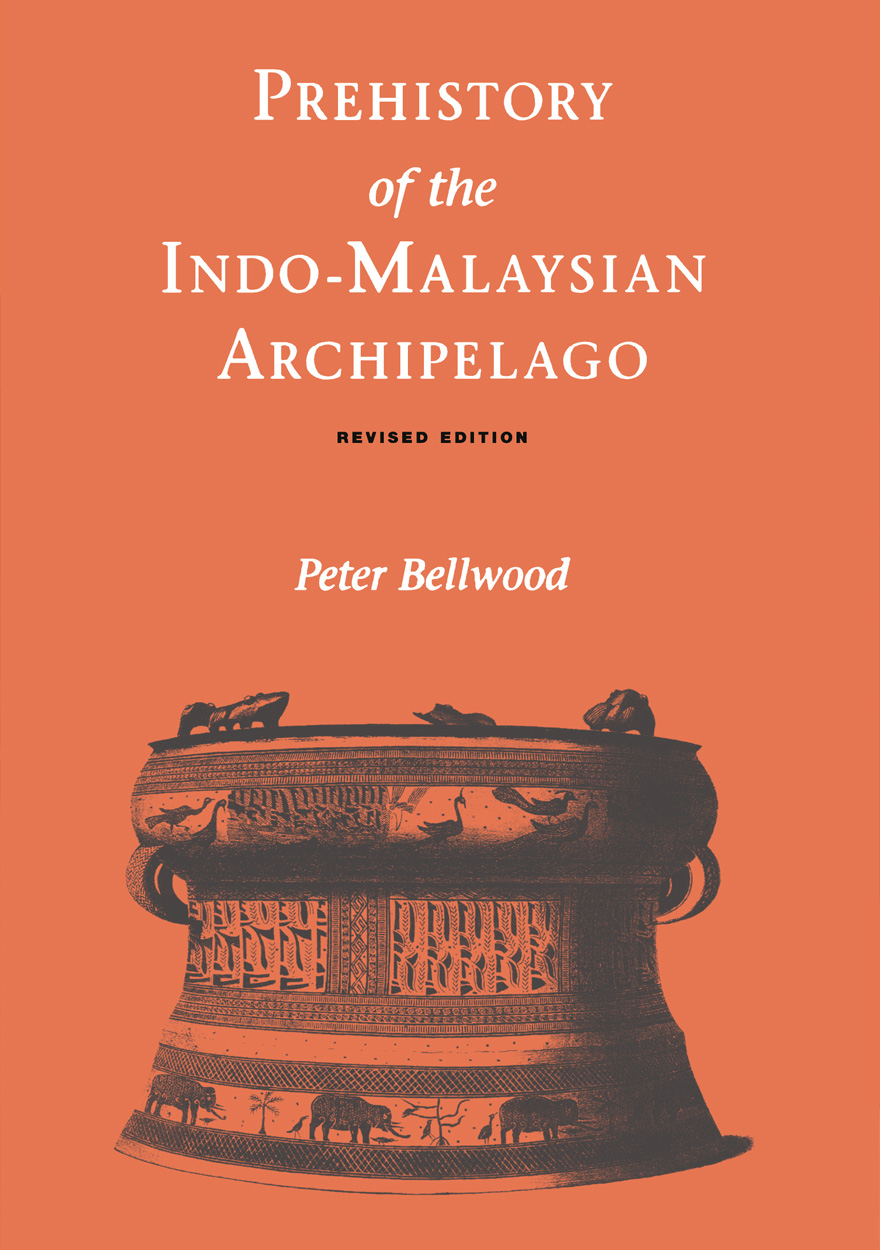Search titles
Displaying results 1031 to 1040 of 1136.

Agenda - A Journal of Policy Analysis and Reform: Volume 2, Number 1, 1995 »
Publication date: April 2007
Agenda is a refereed, ECONLIT-indexed and RePEc-listed journal of the College of Business and Economics, The Australian National University. Launched in 1994, Agenda provides a forum for debate on public policy, mainly (but not exclusively) in Australia and New Zealand. It deals largely with economic issues but gives space to social and legal policy and also to the moral and philosophical foundations and implications of policy.
Subscribe to the Agenda Alerting service if you wish to be advised on forthcoming or new issues.
Download for free
Not available for purchase

Agenda - A Journal of Policy Analysis and Reform: Volume 2, Number 2, 1995 »
Publication date: April 2007
Agenda is a refereed, ECONLIT-indexed and RePEc-listed journal of the College of Business and Economics, The Australian National University. Launched in 1994, Agenda provides a forum for debate on public policy, mainly (but not exclusively) in Australia and New Zealand. It deals largely with economic issues but gives space to social and legal policy and also to the moral and philosophical foundations and implications of policy.
Subscribe to the Agenda Alerting service if you wish to be advised on forthcoming or new issues.
Download for free
Not available for purchase

Agenda - A Journal of Policy Analysis and Reform: Volume 2, Number 3, 1995 »
Publication date: April 2007
Agenda is a refereed, ECONLIT-indexed and RePEc-listed journal of the College of Business and Economics, The Australian National University. Launched in 1994, Agenda provides a forum for debate on public policy, mainly (but not exclusively) in Australia and New Zealand. It deals largely with economic issues but gives space to social and legal policy and also to the moral and philosophical foundations and implications of policy.
Subscribe to the Agenda Alerting service if you wish to be advised on forthcoming or new issues.
Download for free
Not available for purchase

Agenda - A Journal of Policy Analysis and Reform: Volume 2, Number 4, 1995 »
Publication date: April 2007
Agenda is a refereed, ECONLIT-indexed and RePEc-listed journal of the College of Business and Economics, The Australian National University. Launched in 1994, Agenda provides a forum for debate on public policy, mainly (but not exclusively) in Australia and New Zealand. It deals largely with economic issues but gives space to social and legal policy and also to the moral and philosophical foundations and implications of policy.
Subscribe to the Agenda Alerting service if you wish to be advised on forthcoming or new issues.
Download for free
Not available for purchase

Agenda - A Journal of Policy Analysis and Reform: Volume 1, Number 1, 1994 »
Publication date: April 2007
Agenda is a refereed, ECONLIT-indexed and RePEc-listed journal of the College of Business and Economics, The Australian National University. Launched in 1994, Agenda provides a forum for debate on public policy, mainly (but not exclusively) in Australia and New Zealand. It deals largely with economic issues but gives space to social and legal policy and also to the moral and philosophical foundations and implications of policy.
Subscribe to the Agenda Alerting service if you wish to be advised on forthcoming or new issues.
Download for free
Not available for purchase

Agenda - A Journal of Policy Analysis and Reform: Volume 1, Number 2, 1994 »
Publication date: April 2007
Agenda is a refereed, ECONLIT-indexed and RePEc-listed journal of the College of Business and Economics, The Australian National University. Launched in 1994, Agenda provides a forum for debate on public policy, mainly (but not exclusively) in Australia and New Zealand. It deals largely with economic issues but gives space to social and legal policy and also to the moral and philosophical foundations and implications of policy.
Subscribe to the Agenda Alerting service if you wish to be advised on forthcoming or new issues.
Download for free
Not available for purchase

Agenda - A Journal of Policy Analysis and Reform: Volume 14, Number 1, 2007 »
Edited by: Franco Papandrea, Graeme Wells
Publication date: April 2007
Agenda is a refereed, ECONLIT-indexed and RePEc-listed journal of the College of Business and Economics, The Australian National University. Launched in 1994, Agenda provides a forum for debate on public policy, mainly (but not exclusively) in Australia and New Zealand. It deals largely with economic issues but gives space to social and legal policy and also to the moral and philosophical foundations and implications of policy.
Subscribe to the Agenda Alerting service if you wish to be advised on forthcoming or new issues.
Download for free
Not available for purchase

Electronic Engagement »
A Guide for Public Sector Managers
Authored by: Peter Chen
Publication date: March 2007
Over the last twenty years, advanced communication technologies have become pervasive throughout Western society. These technologies have not only revolutionised the delivery of public and private services, they have shaped consumers’ expectations about service quality.
This guide (written for managers who have an interest in expanding their approach to public engagement, rather than IT professionals) assesses the value that new communications and computing technology can bring to interactions with a range of potential stakeholders.
An engaging, provocative and thorough survey of available technologies and potential applications, this is a ‘must read’ for policy and program practitioners who are considering options for electronic engagement.

The Lexicon of Proto Oceanic »
The culture and environment of ancestral Oceanic society: 2 The physical environment
Authored by: Malcolm Ross, Andrew Pawley, Meredith Osmond
Publication date: March 2007
This is the second in a series of five volumes on the lexicon of Proto Oceanic, the ancestor of the Oceanic branch of the Austronesian language family. Each volume deals with a particular domain of culture and/or environment and consists of a collection of essays each of which presents and comments on lexical reconstructions of a particular semantic field within that domain.
Volume 2 examines how Proto Oceanic speakers described their geophysical environment. An introductory chapter discusses linguistic and archaeological evidence that locates the Proto Oceanic language community in the Bismarck Archipelago in the late 2nd millennium BC. The next three chapters investigate terms used to denote inland, coastal, reef and open sea environments, and meteorological phenomena. A further chapter examines the lexicon for features of the heavens and navigational techniques associated with the stars. How Proto Oceanic speakers talked about their environment is also described in three further chapters which treat property terms for describing inanimate objects, locational and directional terms, and terms related to the expression of time.

Prehistory of the Indo-Malaysian Archipelago »
Revised Edition
Authored by: Peter Bellwood
Publication date: March 2007
Since its publication in 1985, Peter Bellwood’s Prehistory of the Indo-Malaysian Archipelago has been hailed as the sole authoritative work on the subject by the leading expert in the field. Now that work has been fully revised and includes a complete up-to-date summary of the archaeology of the region (and relevant neighboring areas of China and Oceania), as well as a comprehensive discussion of new and important issues (such as the “Eve-Garden of Eden” hypothesis and its relevance to the Indo-Malaysian region) and recent advances in macrofamily linguistic classification.
Moving north to south from northern Peninsular Malaysia to Timor and west to east from Sumatra to the Moluccas, Bellwood describes human prehistory from initial hominid settlement more than one million years ago to the eve of historical Hindu-Buddhist and Islamic cultures of the region. The archaeological record provides the central focus, but chapters also incorporate essential information from the paleoenvironmental sciences, biological anthropology, linguistics, and social anthropology. Bellwood approaches questions about past cultural and biological developments in the region from a multidisciplinary perspective. Historical issues given extended treatment include the significance of the Homo erectus populations of Java, the dispersal of the present Austronesian-speaking peoples of the region within the past 4,000 years, and the spread of metallurgy since 500 B.C. Bellwood also discusses relationships between the prehistoric populations of the archipelago and those of neighboring regions such as Australia, New Guinea, and mainland Asia.



